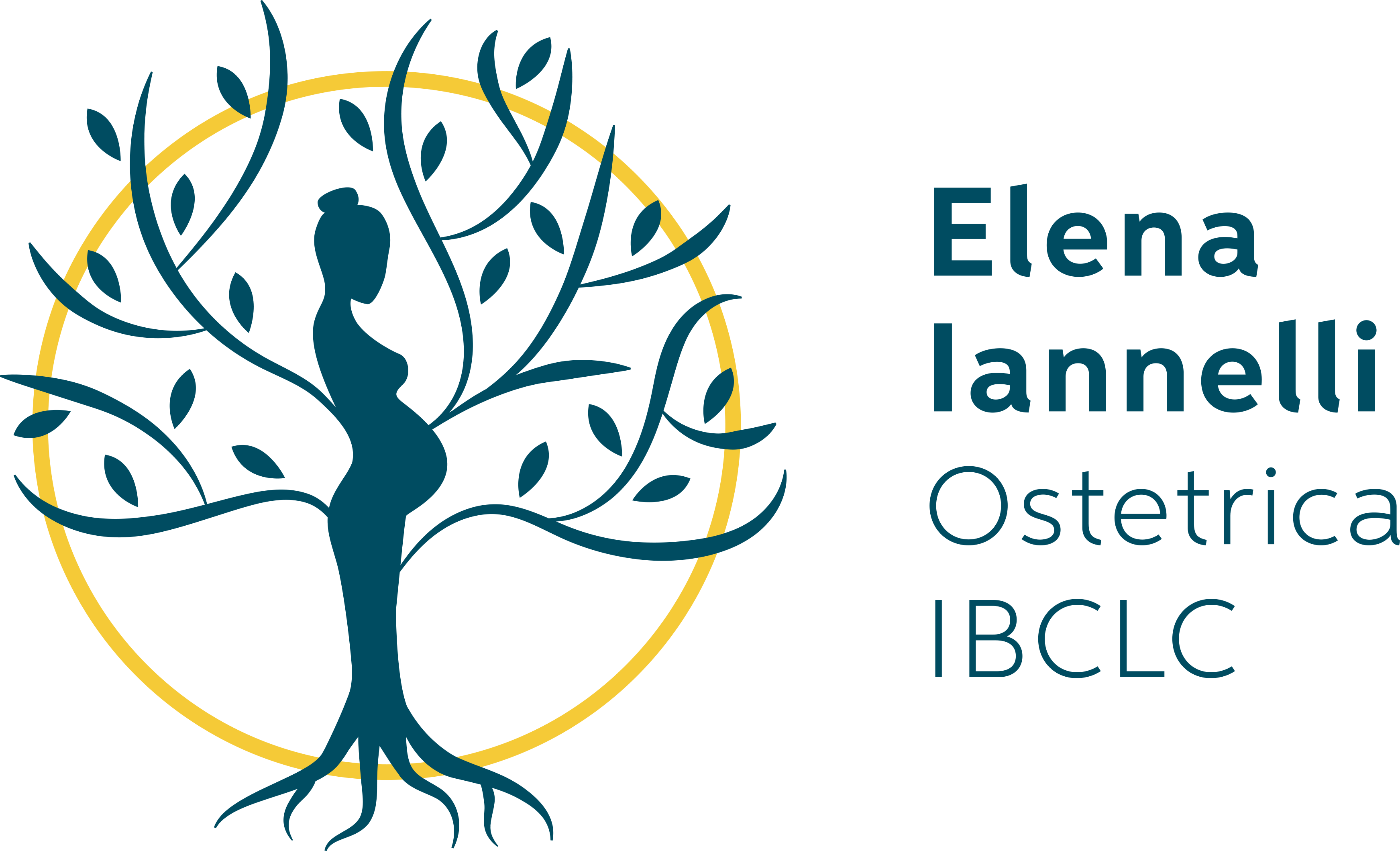Responsive Caregiving: How new evidence is transforming parenting approach

In the world of parenting, every parent wants to do the best for their children. However, with the multitude of advice and methods available, it can be difficult to know which way to go. One approach that is gaining more and more attention is responsive caregiving (or responsive parenting). But what does it really mean? And what is the new evidence supporting this method?
What is responsive caregiving?
Responsive caregiving is based on the ability of parents (or caregivers) to respond appropriately, promptly and in a loving way to the needs of their children. This type of approach promotes a secure and solid bond between parents and children, fostering an environment in which children feel included and supported. But it is not just a matter of responding to physical needs, such as nourishment or sleep. It is equally important to respond to emotional and psychological needs, such as comfort, affection and attention. This behaviour has a very significant influence on children’s brain development: when babies feel secure, they release a hormone called oxytocin. This hormone acts as a fertiliser for their growing brains, helping them to be happy and more confident children and adults. Holding, smiling and talking to your baby also releases oxytocin in you as parents, helping you to feel calm and happy.
New evidence to support responsive caregiving
In recent years, scientific research has provided important new evidence to support responsive caregiving. Here are some of the key points every parent should know:
- Brain development: Recent studies have shown that children who grow up in a responsive environment show better development of areas of the brain related to empathy, emotional regulation and the ability to form social relationships. This is because positive and continuous interaction with parents stimulates the production of healthy neural connections.
- Secure attachment: Responsive parenting is closely linked to attachment theory. Children who experience consistent and affectionate responses from their parents tend to develop secure attachment. This type of attachment is crucial for long-term emotional well-being, facilitating trust and independence in children.
- Resilience and self-esteem: Children raised with a responsive approach tend to develop greater resilience and stronger self-esteem. This is because they feel they can rely on their parents in times of need, which helps them develop a secure base from which to explore the world.
Reduction of behavioural problems: Research indicates that babies who receive timely and affectionate responses from their parents, which are crucial for early cognitive development and language acquisition, are less likely to develop behavioural problems and tend to develop greater empathy. This is due to the fact that children learn to regulate their emotions better and manage stress more effectively.
How to practice responsive caregiving
Implementing responsive caregiving in daily life does not require complex techniques, but it does require awareness and presence. Before young children learn to speak, engagement with their caregivers is expressed through cuddles, eye contact, smiles, vocalisations and gestures. These mutually pleasant interactions create an emotional bond that helps children understand the world around them and learn about people, relationships and language.
Here are some practical suggestions:
- Observe and listen: Try to understand your baby’s cues. Every child expresses his or her needs in a unique way, so it is important to be attentive and present.
- Respond in a timely manner: When your baby expresses a need, respond quickly and affectionately. This helps build trust and security.
- Provide emotional support: It’s not just about responding to physical needs. It is also essential to provide emotional comfort, such as hugs, reassuring words and physical presence.
Create a safe environment: A safe and predictable environment helps children feel calmer and develop a sense of security.
Knowing the physiology, being close to our little ones
How many times have you heard ‘if you hold him/her so much you spoil him/her!’? Well, that is a more than obsolete concept! Scientific evidence nowadays tells us exactly the opposite, newborns have a strong need to be close to their parents because it helps them feel secure and loved. Learning what your baby’s physiological needs are will help you better understand his or her behaviour.
Responsive parenting is not one method among many, but an approach based on solid scientific evidence that promotes the healthy and balanced development of children. Being present, responding to your baby’s needs and offering a loving and safe environment are the foundations for raising happy and confident individuals. New research confirms that this approach can make a significant difference in the lives of our children, making it an essential element in every parent’s toolbox.
Further insights
- Read more about ‘What to do if your baby cries as soon as it is placed in the cot?’ here https://www.elenaiannelli.it/en/what-to-do-if-your-baby-cries-as-soon-as-it-is-placed-in-the-cot/
- An important resource to fully understand the importance of responsive caregiving is the document Nurturing Care for Early Childhood Development produced by WHO, Unicef, the World Bank in collaboration with many research institutions and professional societies.
This document emphasises how the early years of life are crucial for a child’s development and highlights five key components for healthy growth: good health, adequate nutrition, safety and security, opportunities for early learning, and of course, responsive caregiving.
Parents, therefore, play a central role in creating an environment of ‘nurturing care’, where love, safety and learning go hand in hand. Incorporating these guidelines into everyday life can make a big difference in your child’s life, promoting a brighter and safer future.
If you are curious to know more about this topic, click to read the document in English.

